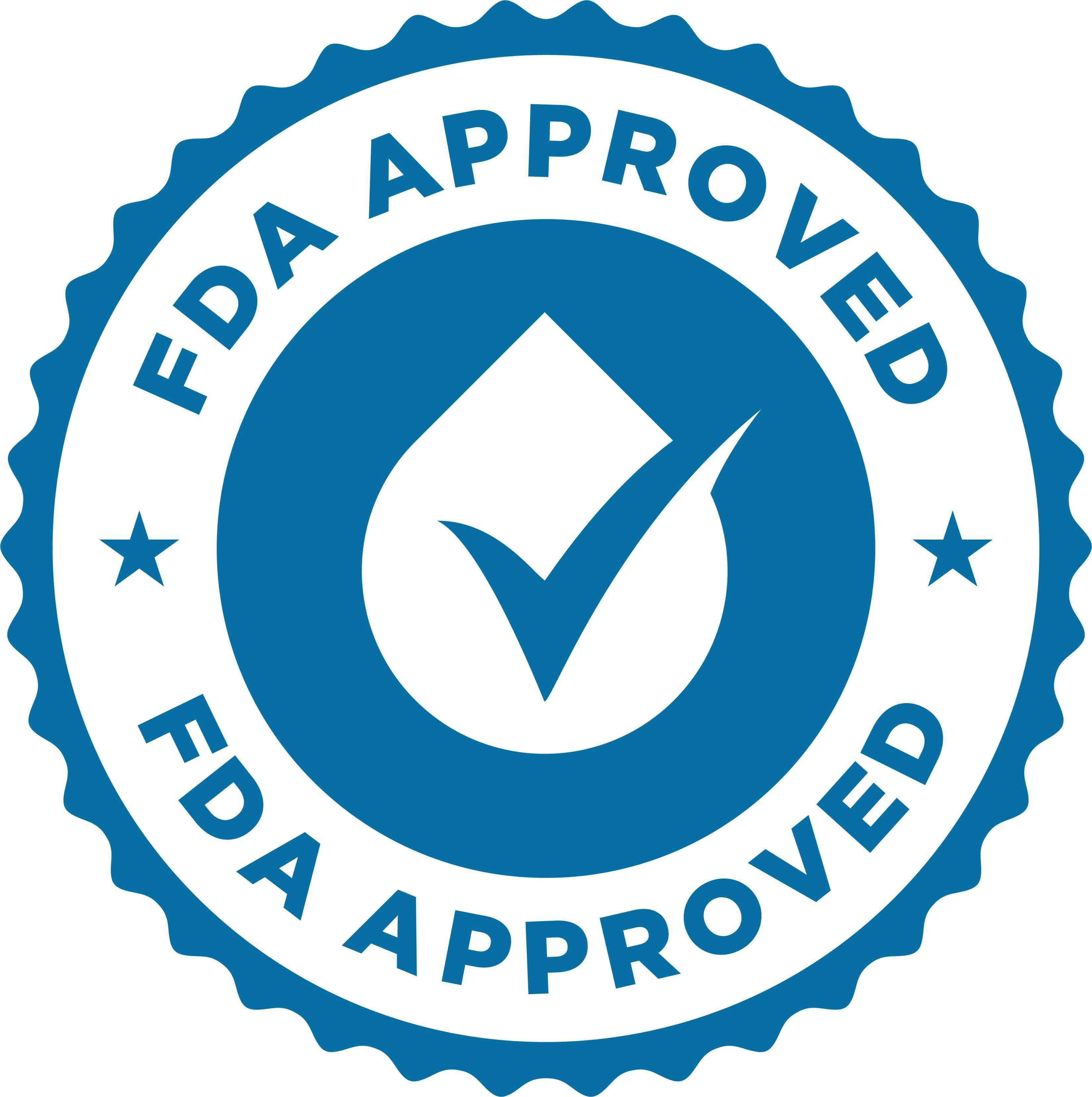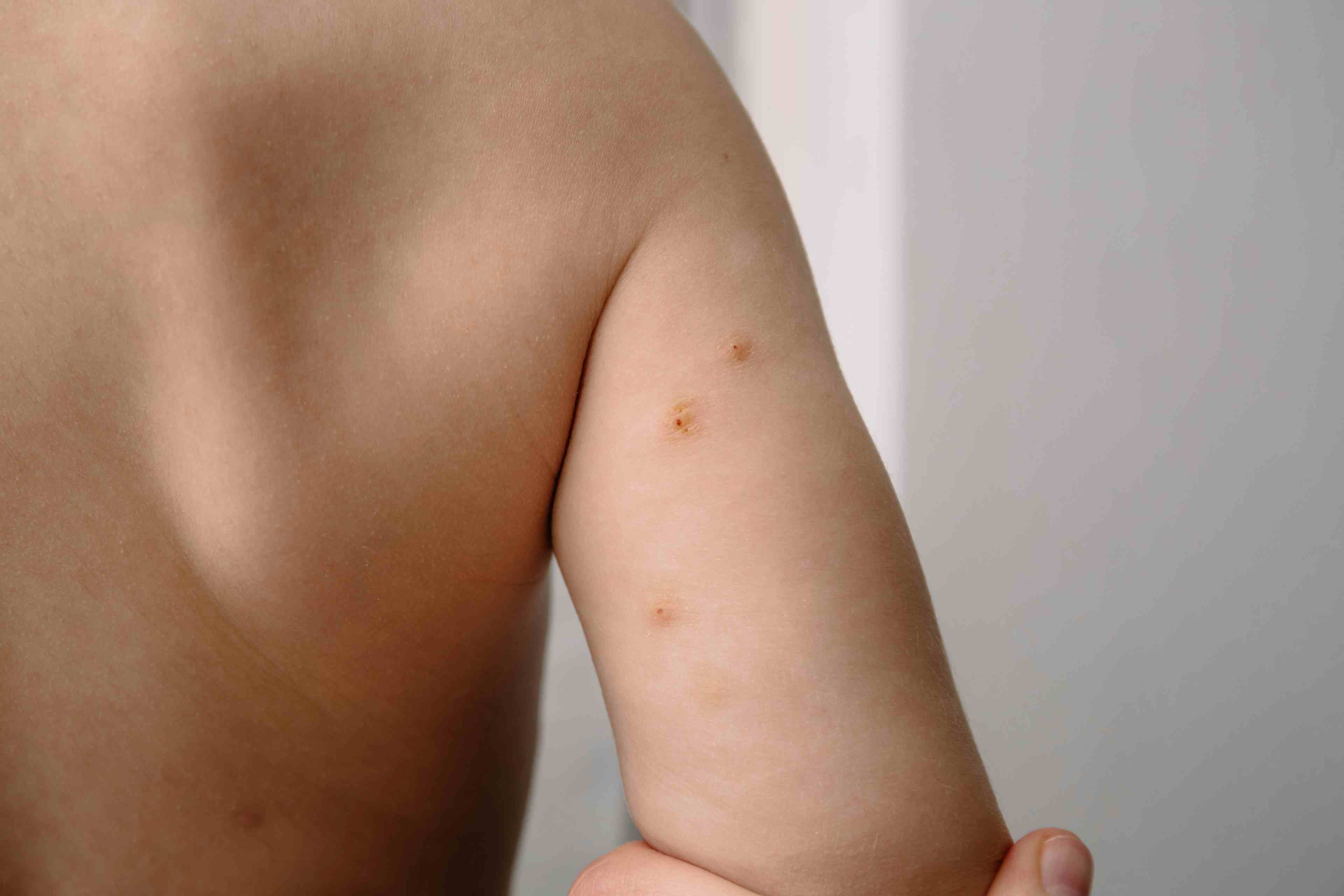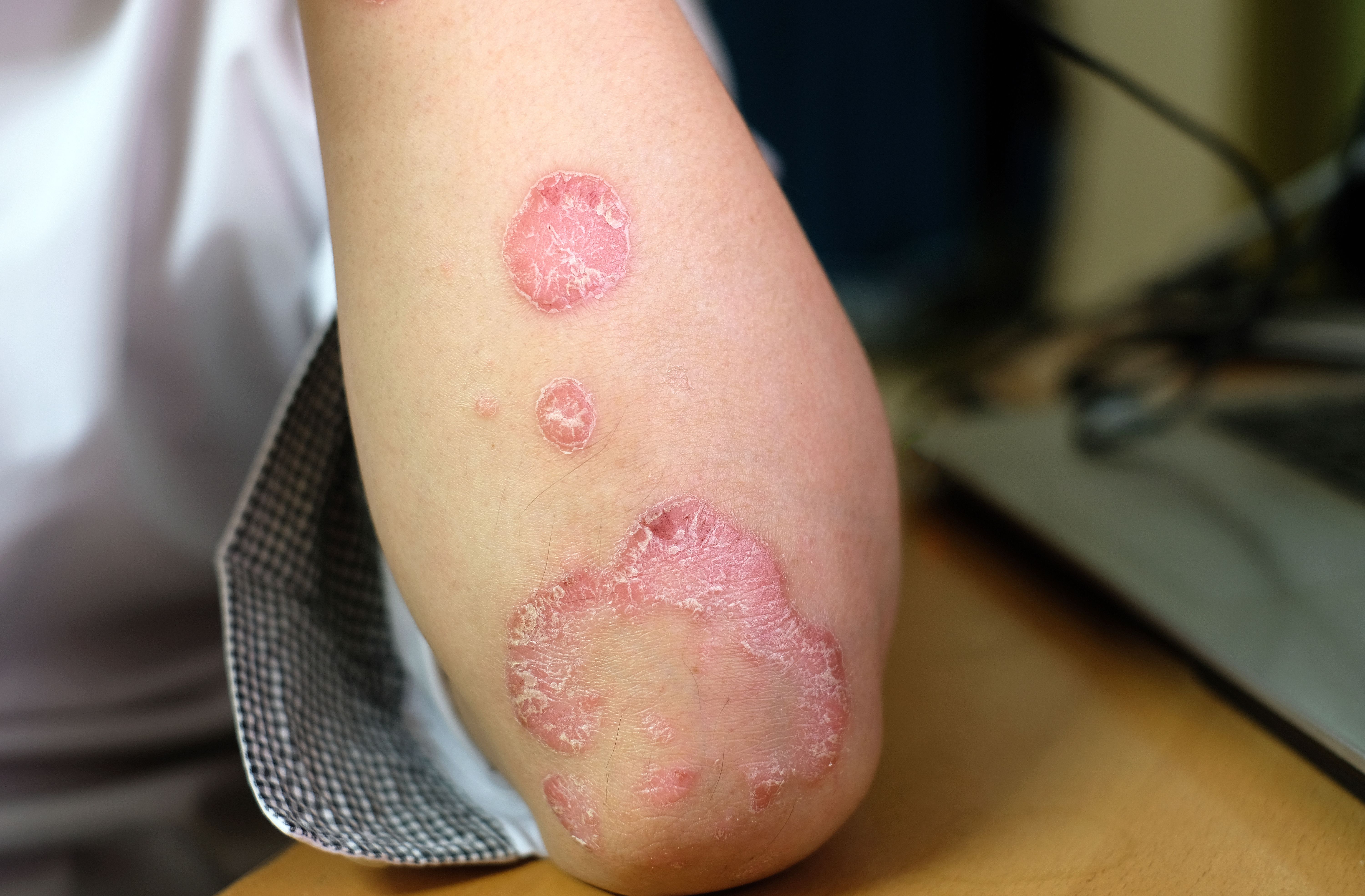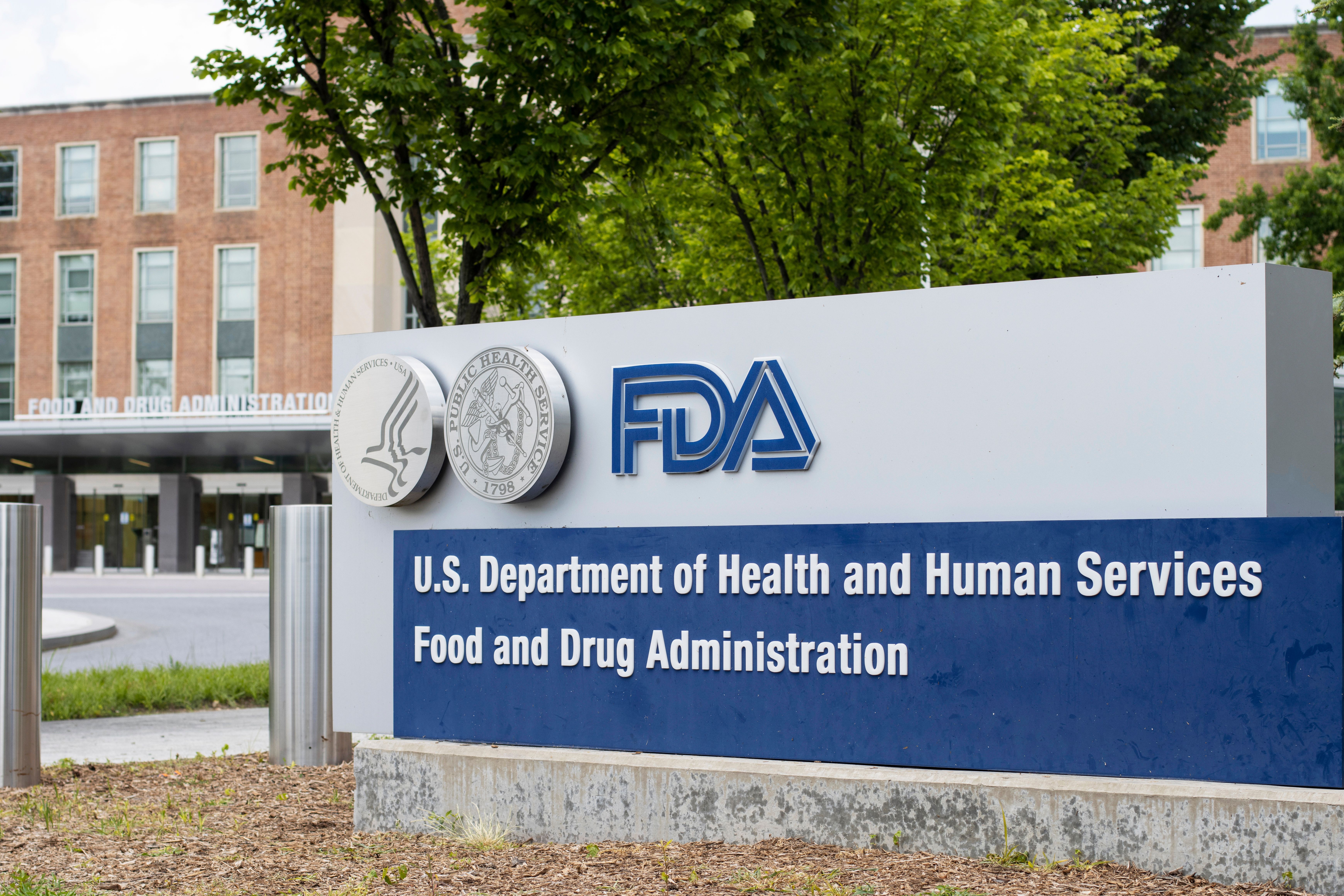- Acne
- Actinic Keratosis
- Aesthetics
- Alopecia
- Atopic Dermatitis
- Buy-and-Bill
- COVID-19
- Case-Based Roundtable
- Chronic Hand Eczema
- Chronic Spontaneous Urticaria
- Drug Watch
- Eczema
- General Dermatology
- Hidradenitis Suppurativa
- Melasma
- NP and PA
- Pediatric Dermatology
- Pigmentary Disorders
- Practice Management
- Precision Medicine and Biologics
- Prurigo Nodularis
- Psoriasis
- Psoriatic Arthritis
- Rare Disease
- Rosacea
- Skin Cancer
- Vitiligo
- Wound Care
Article
B-VEC Approved for the Treatment of Dystrophic Epidermolysis Bullosa
Author(s):
Beremagene geperpavec is the first FDA-approved treatment for DEB, a rare and burdensome disease.
The US Food and Drug Administration (FDA) has approved Krystal Biotech’s beremagene geperpavec (B-VEC; Vyjuvek) for the treatment of dystrophic epidermolysis bullosa (DEB).1 The approval is based on positive data from 2 placebo-controlled clinical trials, GEM 3 (NCT04491604) and GEM1/2 (NCT03536143). B-VEC was granted priority review designation in August 2022, as DEB is a rare and severe skin disease that does not have any other available treatment options.
Raj Chovatiya, MD, PhD

"Dystrophic epidermolysis bullosa (DEB), a rare skin blistering disorder that results from a mutation in gene encoding type VII collagen (COL7A1), places a life-long burden on affected children and their caregivers," said Raj Chovatiya, MD, PhD, assistant professor of dermatology at the Northwestern University Feinberg School of Medicine in Chicago, Illinois, and a Dermatology Times® Editorial Advisory Board member. "Extensive cutaneous blistering follows even the most minor trauma, and repeated cycles of blistering can result in scarring, malignancy, infection, limb loss, and early death. Beremagene geperpavec (B-VEC) is a topical, gene-based therapy that presents a new, innovative approach to treating DEB - prevention of the aforementioned sequelae by correcting the underlying genetic deficiency. B-VEC leverages a modified herpes simplex virus type 1 vector that limits pathogenic aspects of the virus and non-permanently delivers functional COL7A1. The phase three clinical trial results showed high levels of success in several outcomes including wound closure, suggesting that we may finally have a highly efficacious, targeted treatment for this genetic skin disease."
B-VEC is a non-invasive, topical, redosable gene therapy created to administer two copies of the COL7A1 gene when directly applied to DEB wounds. B-VEC treats DEB at the molecular level by giving patients’ cells a template to produce normal COL7 proteins. The FDA granted B-VEC orphan drug designation, fast track designation, pediatric designation, and regenerative medicine advanced therapy for the treatment of DEB.
DEB is caused by one or more mutations of the COL7A1 gene, which is primarily responsible for the production of COL7, a protein type VII collagen that creates anchoring fibrils that bind the dermis to the epidermis. Patients develop DEB due to a lack of function anchoring fibrils, leading to fragile skin that blisters and breaks from minor friction or trauma. Patients with DEB suffer from considerable physical burdens such as open wounds leading to skin infections, fibrosis, and an increased risk of developing an aggressive form of squamous cell carcinoma (SCC). In some severe cases of SCC, fatality is possible.
The GEM1/2 trials were designed to evaluate the safety of B-VEC through reported incidences of adverse events associated with B-VEC administration compared to placebo. Primary endpoints of GEM1/2 included the number of subjects who reported at least 1 adverse event in the safety population and complete wound closure at weeks 8, 10, and 12 in the intent to treat population.2 The primary endpoint of the GEM 3 trial was complete wound healing, determined by investigators, compared to baseline in B-VEC treated wounds vs placebo-treated at 26 weeks post-baseline.3
References
1. FDA approves first topical gene therapy for treatment of wounds in patients with dystrophic epidermolysis bullosa. U.S. Food and Drug Administration. May 19, 2023. Accessed May 19, 2023. https://www.fda.gov/news-events/press-announcements/fda-approves-first-topical-gene-therapy-treatment-wounds-patients-dystrophic-epidermolysis-bullosa.
2. A phase I/II study of KB103, a topical HSV1-COL7, on DEB patients. ClinicalTrials.gov Identifier: NCT03536143. Updated January 31, 2023. Accessed May 19, 2023. https://clinicaltrials.gov/ct2/show/NCT03536143?cond=NCT03536143&draw=2&rank=1
3. A phase III double blinded, placebo-controlled, efficacy and safety study of beremagene geperpavec (B-VEC, previously “KB103”) for the treatment of dystrophic epidermolysis bullosa (DEB). ClinicalTrials.gov Identifier: NCT04491604. Updated August 3, 2022. Accessed May 19, 2023. https://clinicaltrials.gov/ct2/show/NCT04491604?cond=NCT04491604&draw=2&rank=1
Newsletter
Like what you’re reading? Subscribe to Dermatology Times for weekly updates on therapies, innovations, and real-world practice tips.















